HEALTH + DIET
How to Start Eating a Plant-Based Diet
Published
11 months agoon
By
Lauren Kirk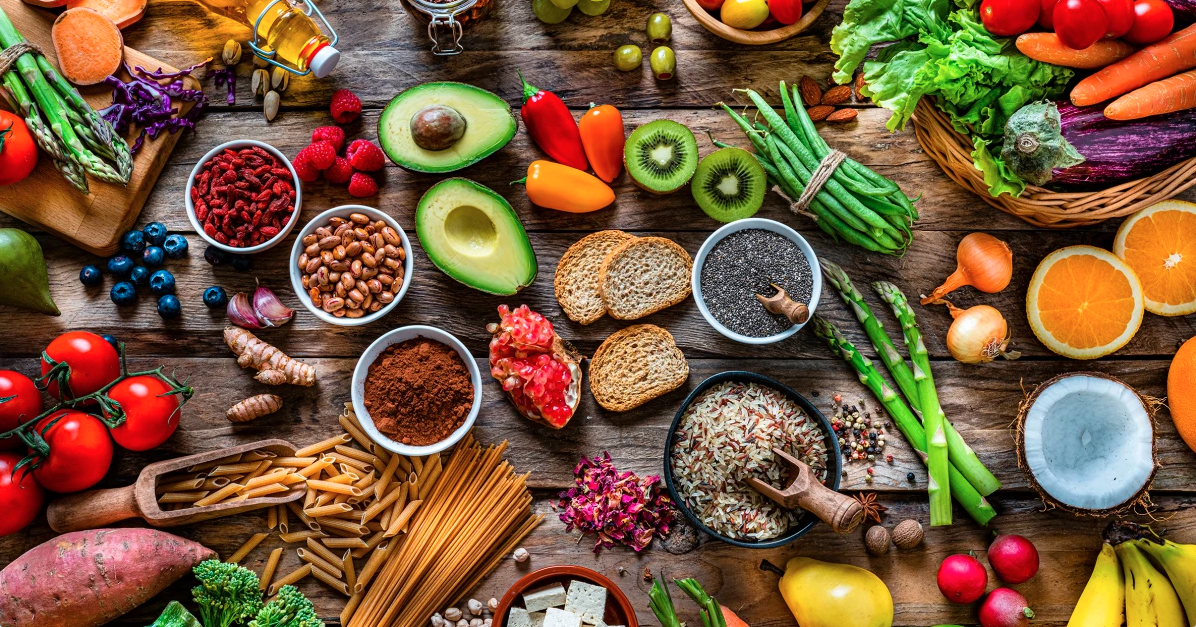
Courtesy of Pinterest
A plant-based diet is becoming increasingly popular for its numerous health benefits and its positive impact on the environment. However, making the switch can seem intimidating at first. It’s a completely different way of eating compared to the standard American diet. However, many doctors recommend switching to a plant-based diet, especially if you need to lower your cholesterol levels.
If you are looking to start eating a plant-based diet, here are some tips to help you get started:
Research and Planning
Before embarking on a plant-based diet, it is essential to do your research and plan accordingly. Find out which foods are plant-based and start incorporating them into your meals. Make a list of fruits, vegetables, whole grains, nuts, and seeds that you enjoy and start experimenting with different recipes. Look for plant-based cookbooks or blogs for inspiration. YouTube also has some excellent plant-based channels featuring recipes and meal-prepping ideas.
Gradual Transition
Making a sudden switch to a plant-based diet can be challenging for some people. Gradual transition might be easier for those who find it difficult to make abrupt changes. Start by incorporating plant-based meals into your diet gradually. For instance, you could try having one plant-based meal a day or having a plant-based day once a week.
Protein Alternatives
Protein is an essential nutrient in any diet, and it is attainable through several plant-based sources. Incorporate protein-rich foods such as lentils, beans, tofu, quinoa, and nuts into your meals, to ensure you are getting enough protein.
Supplements
While a plant-based diet can provide many nutrients, you might need to take some supplements to support your health. Vitamin B12, for example, is only available from animal-based sources. You might want to take supplements for B12, and possibly other nutrients.
Stay Creative
When transitioning to a plant-based diet, it is crucial to stay creative with your meal planning. Experiment with new foods and flavors to keep it exciting. There are countless plant-based meal options available, so have fun exploring them and figuring out what works best for your palate and lifestyle!
Be Prepared
Having a plant-based diet success requires being prepared. Preparing larger quantities of meals in advance can be a great time-saver. Stock up on staple items like grains, beans, and nuts to keep on hand for quick meal planning.
As always, chatting with your medical provider before embarking on any new diet journey is important.
More From Food + Drink
-
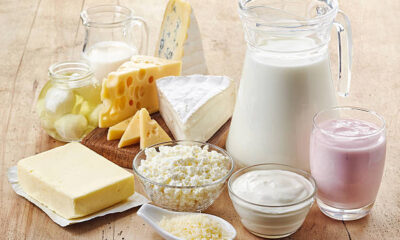

The Worst Foods for Increasing Cholesterol Levels
-


14 Foods Surprisingly High In Fiber – And 5 That…
-
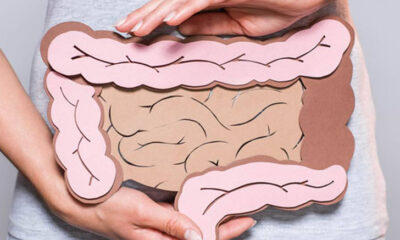

Improve Your Gut Health With This Delicious Food
-
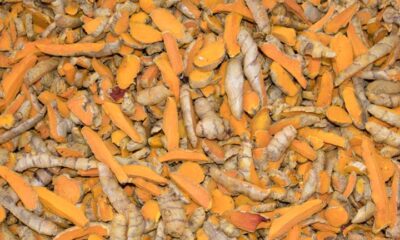

Foods That Can Help Unclog Your Arteries
-


The Health Benefits of Cod Liver Oil
-


The Benefits of Taking a CoQ10 Supplement
-


Blue Zone Foods You Should Be Eating
-


Popular Foods Could Wreck Your Cholesterol Levels
-


Boost Your Energy With Dried Apricots
-
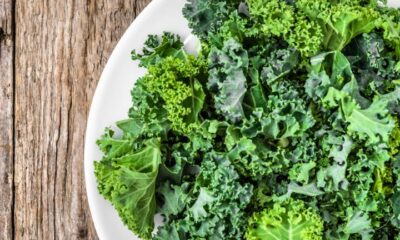

Healthy Foods Most People Refuse To Eat
-


Foods We Once Thought Were Healthy But Aren’t
-


The Three Types of Food That Could Help Prevent Dementia…
